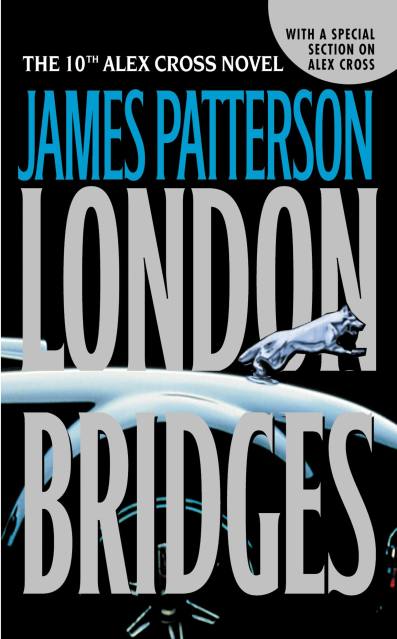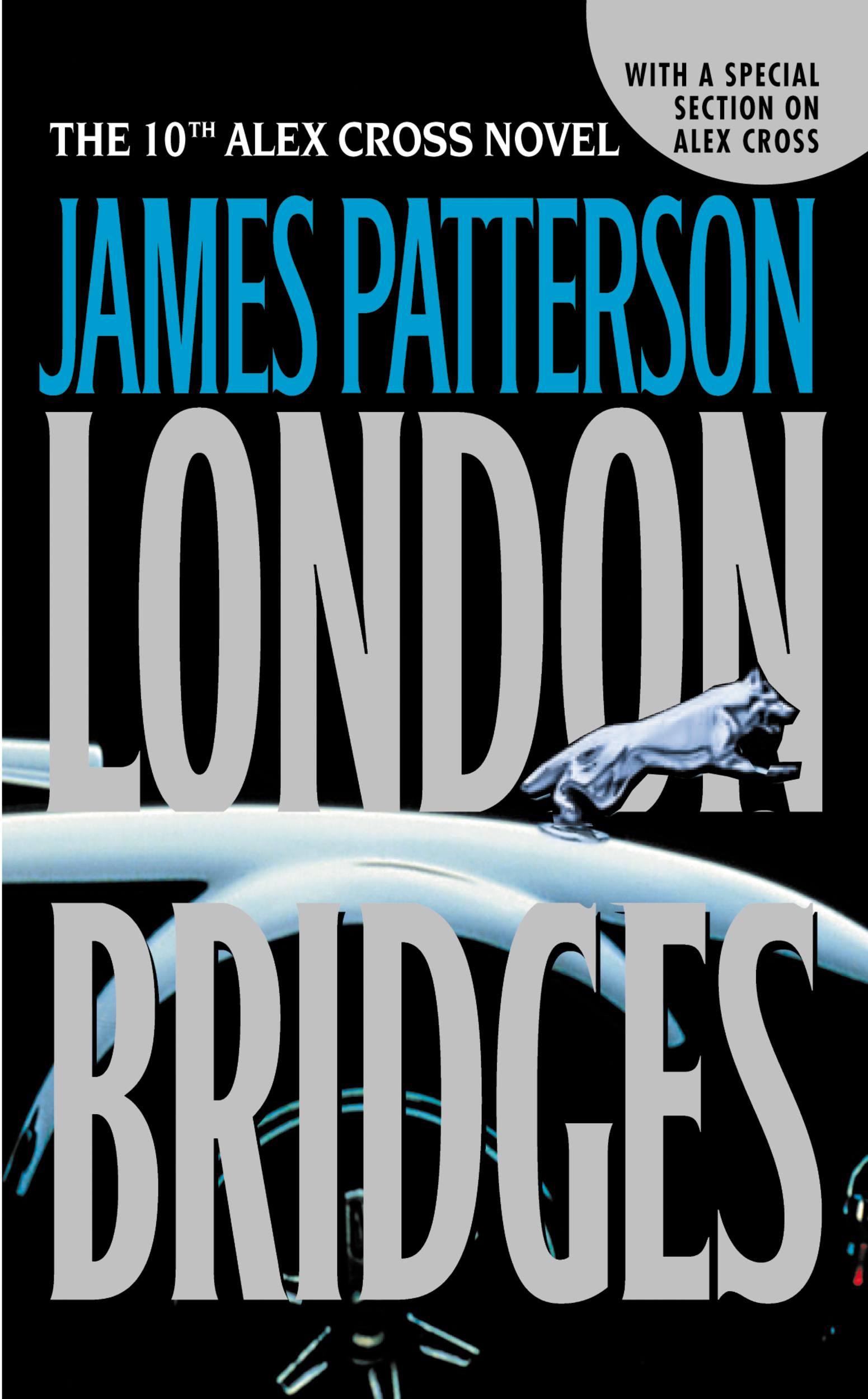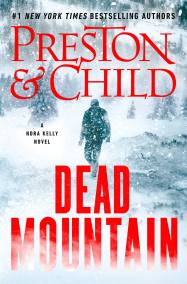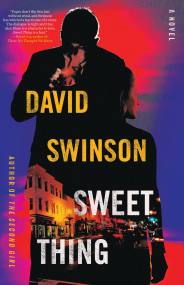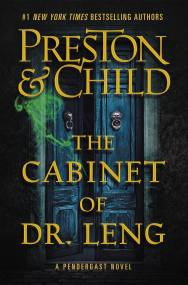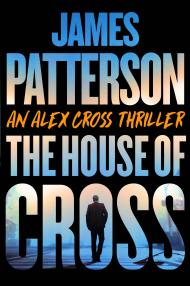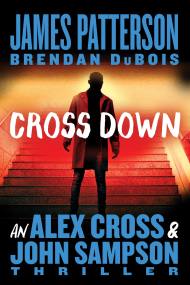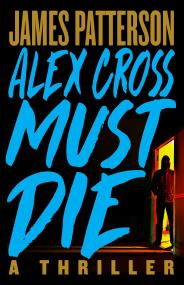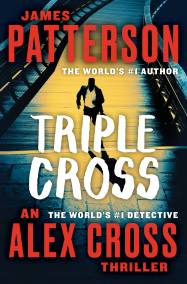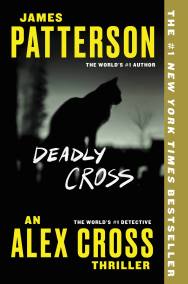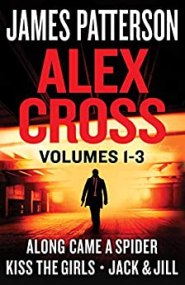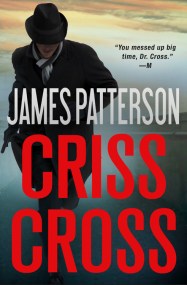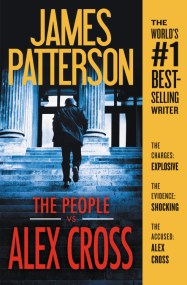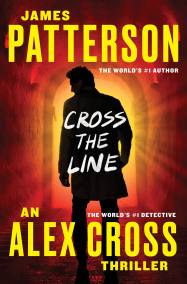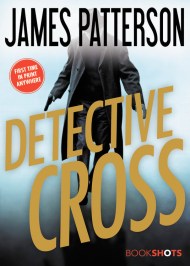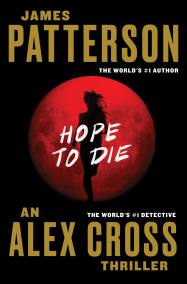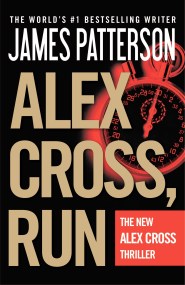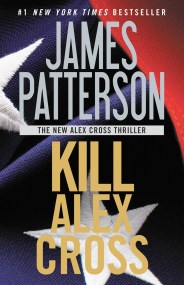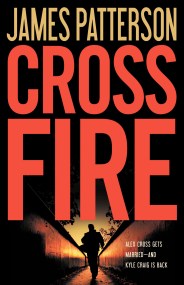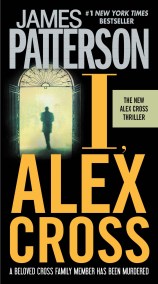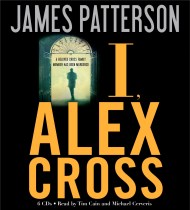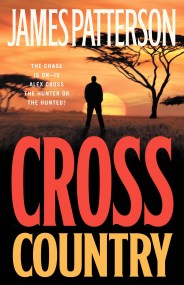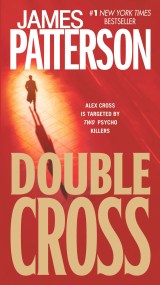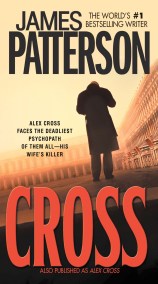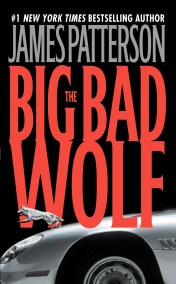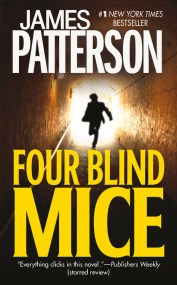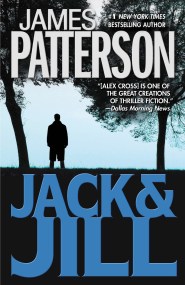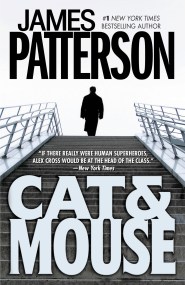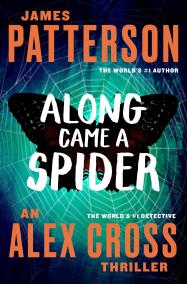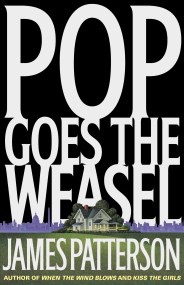London Bridges
Contributors
Formats and Prices
Price
$9.99Price
$12.99 CADFormat
Format:
- ebook $9.99 $12.99 CAD
- Hardcover (Large Print) $30.00 $39.00 CAD
- Audiobook Download (Unabridged)
- Mass Market $9.99 $12.99 CAD
This item is a preorder. Your payment method will be charged immediately, and the product is expected to ship on or around November 1, 2004. This date is subject to change due to shipping delays beyond our control.
Also available from:
Alex Cross must face the world’s most dangerous agents, criminals, and assassins. The fate of the world rests in his hands.
In broad desert daylight, a mysterious platoon of soldiers evacuates the entire population of Sunrise Valley, Nevada. Minutes later, a huge bomb detonates a hundred feet above the ground and lays waste to homes, cars, and playgrounds: a town annihilated in an instant. The Russian supercriminal known as the Wolf claims responsibility for the blast.
Alex Cross is on vacation in San Francisco with his girlfriend, Jamilla Hughes, when he gets the call. World leaders have just four days to prevent an unimaginable cataclysm. Racing down the hairpin turns of the Riviera in the most unforgettable finale James Patterson has ever written, he confronts the truth of the Wolf’s identity, a revelation that even Cross himself may be unable to survive.
Series:
- On Sale
- Nov 1, 2004
- Page Count
- 400 pages
- Publisher
- Little, Brown and Company
- ISBN-13
- 9780759512825
By clicking 'Sign Up,' I acknowledge that I have read and agree to Hachette Book Group’s Privacy Policy and Terms of Use
